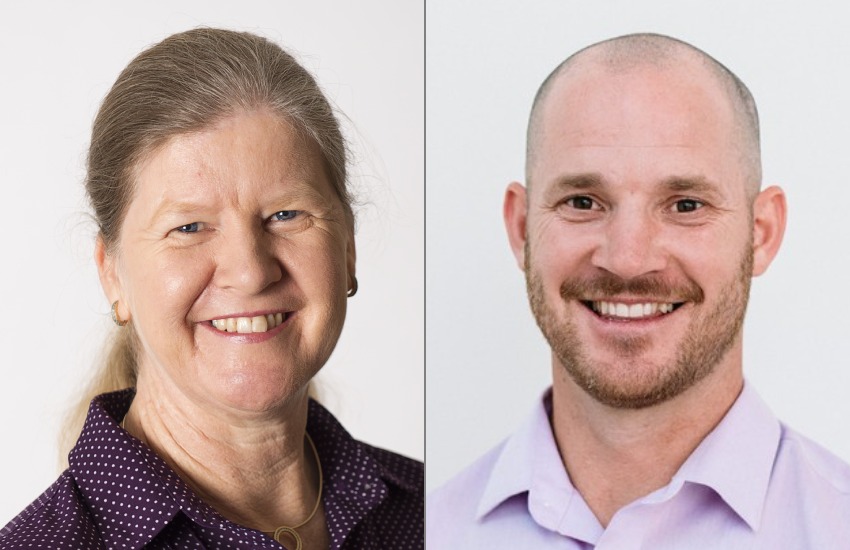Accountants are spending more and more time advising small businesses as they struggle to cope with the prospect of inflation soaring to its highest rate in decades.
Pauline Pickering, partner at Globe Accounting in Warwick, Queensland, said the town missed out on the worst of the flooding but believed no one would be able to dodge inflation.
You’re out of free articles for this month
She said her clients included many farmers and truck drivers who were already adjusting to higher fuel prices.
“One client’s fuel inputs have gone from 20 per cent of his running costs to one-third just with latest uptick in the price. That’s coming straight off his profit,” she said.
Fortunately, he was like many of her clients in having multiple businesses, and Globe Accounting helped him switch.
“He’s going to park his truck up until it becomes profitable again,” Ms Pickering said, but many businesses were facing more difficult decisions.
“We have lots of clients who, given their overheads and debt levels, can’t afford not to turn a wheel.
“The bottom line is any business client who doesn’t have a choice will just need to pass that on to the consumer.
“We’ll be working hard with a lot [of] them just to tweak their business structure so that they can avoid the worst of it.”
Brent Szalay, managing director at SEIVA in Melbourne, said his clients included many construction companies and they had been struggling with the rising costs of materials for 12 months or more.
“In construction we’re seeing a huge squeeze on supplies and we’re conscious of our clients being locked into prices that they have already promised – and now have to deliver at a higher rate,” he said.
As with businesses that rely heavily on fuel, rising costs directly impact the bottom line.
Mr Szalay said SEIVA encouraged its clients to come in regularly to analyse their business and think about which aspects are most resilient.
“We try to be as proactive as we can with our clients in terms of budget and cashflow forecasting. We meet with them regularly to reset their forecasts to take in things such as prices increasing,” Mr Szalay said.
“You can’t just put up prices, you need to manage that closely. What does it look like if we put up prices, what if we lose some clients?”
Analysis could reveal the best direction for a business.
“Some industries are more exposed than others. There are decisions to be made about the types of work they take on,” he said.
“You can be more selective in what you’re doing, and you need to be aware of what is profitable and what is not profitable.”
Ms Pickering agreed that talking early and often was the right approach. Most people had the skills to do regular compliance work, but accountants could help with business road maps and strategy.
“The advice piece is so important and such a value-add piece and really important for businesses,” Ms Pickering said.
“We’re doing more and the more you do, the more call there is for it.”
But there was a risk that clients would put off the inevitable.
“People need us most when they can afford us least. They have their eye on the bottom line and they go, ‘I can’t afford it’,” Ms Pickering said.
“The big message from us is, all of our clients need to be proactive.”
Mr Szalay said accounting firms were facing many of the same challenges as any small business.
With 25 staff at SEIVA, he was trying to recruit three more as the advice side expands.
“It forces you to look at your own costs pressures as well. Wages may be increasing. There has to be a compelling argument about why we’re a great place to work,” Mr Szalay said.
“It’s the most difficult I’ve ever seen.”
Both accountants – both fellows of CPA Australia – believed that higher fuel prices and inflation would be around for some time, driven by the unpredictable global environment, conflict and COVID.

 Login
Login







